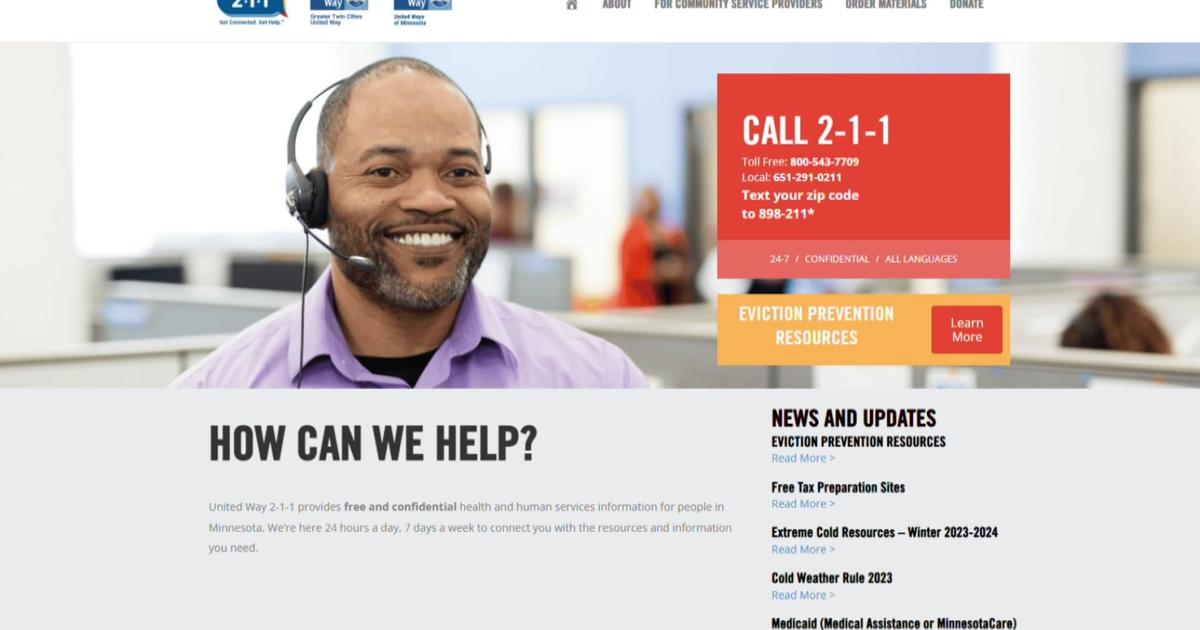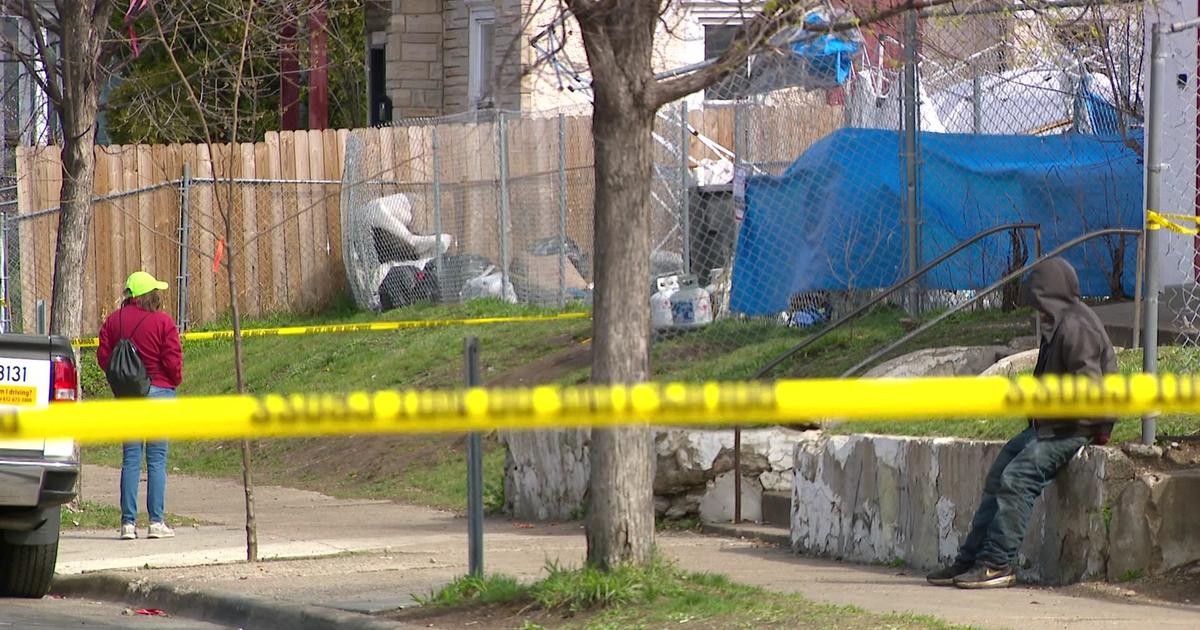Good Question: What's Recyclable?
MINNEAPOLIS (WCCO) -- Ever heard of wish-cycling? It's a phenomenon recyclers refer to when people put materials in their recycling bins that's supposed to go in the trash.
"They have a real desire to put more and more in the bin because they want to feel good. They want to go to the curb and feel like my recycling bin is full, my garbage bin is half-full and they take great pride in that," said Bill Keegan, President of Dem-Con Companies, recycling and disposal company based in Shakopee.
Estimates range from 2 to 10 percent of what people consider residential recycling can't be recycled. Plastic bags, like those from grocery stores, are the number one culprit. Ziploc, bread and newspaper bags also fall in that category.
"They are recyclable," said Lynn Hoffman, director of community engagement with Eureka Recycling, a recycling company that services St. Paul, Roseville and Lauderdale. "But, it's not recyclable in this kind of equipment that's meant to recycle this kind of volume."
The bags get caught in the machines, which jams the equipment and slows down the process. Instead, people should take their plastic bags to place that can recycle those materials. The state of Minnesota offers a program and many retailers will take the bags, too.
Plastics can be the most confusing when it comes to recycling. Dem-Con takes those plastics with the resin identification codes of #1 through #7. Eureka will take plastics with codes #1,#2,#4,#5 and #7. Plastics with #3 or #6 codes, which include red Solo cups and Styrofoam, can be very difficult to recycle.
"Some recyclers take all plastics because it's easier to try and tell consumers all plastics, except for #3s and #6s," said Hoffman. "We do that education because we think people want to know what they're putting in the bin is recyclable or not."
According to Waste Management, electronics, large metal parts, batteries, tires and paper towels are also common items people think can be recycled in their residential bins, but cannot.
Each city or municipality differs slightly in what it will take and what it won't.
On the no list: plastic bags, plastics without the resin symbol, metal spray cans, refrigerator boxes, potato chip bags, paper towels and plastic pouches. Paper coffee cups and some frozen food packaging are also not accepted because they are made with more than one kind of material. Needles that are stored in plastic bottles are not allowed due to the safety of the workers. Keegan also points out his facilities receives several hundred dirty diapers a day, which should be put in the trash.
On the yes list: Pizza boxes as long as they're not too soiled, plastic bottle caps when they're screwed onto the bottle, peanut butter jars with a smaller amount of food residue. Most places will also accept boxes, cartons, jars, metal cans, paper, plastic bottles, plastic containers and plastic packaging.
"If you're not sure, don't put it in the recycling bin because it really messes up recycling of other commodities," said Keegan. He and others recommend checking with your local recyclers via phone or online to see what they accept.



